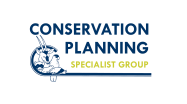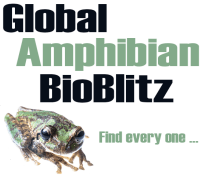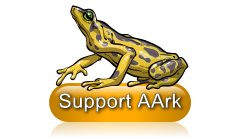Amphibian Ark Ex Situ Conservation Training Workshops typically include a number of different subjects, although these can be tailored to suit specific needs. A normal ex Situ conservation training workshop of two or three days in length would usually include the following subjects:
Amphibian Overview
What is an amphibian?
Why are they important?
The global extinction crisis
The global conservation response
Planning for Ex Situ Conservation Programs
Decision tree for initiation of ex situ work
Resource allocation
Long term management of collections
Exit strategies
Building international partnerships?
The public view
Examples of amphibian conservation programs
Larval Husbandry
Ecology of amphibian larvae
Techniques for rearing larvae
Metamorphosis and rearing offspring
Larval nutrition
Larval veterinary concerns
Basic Amphibian Husbandry
Planning
Physical environment (enclosures, etc)
Climate
Behavior
Welfare
Lighting
Basic overview of light requirements
Types of lighting
Uses
Water Quality
Basic water chemistry
Filtration
Water testing
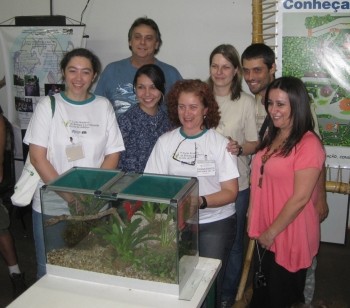 Horticulture
Horticulture
Basics of live plants in enclosures
Benefits of live plant material
Types of plants to use
Techniques for using live plants
Live Food
Value of live foods
Live food
Culturing live food
Potential problems and other aspects of live food
Reproduction
Modes
Captive reproduction
Techniques for stimulating reproduction
Rain chambers
Cycling
Hormone-induced breeding/endocrinology
Specialty Taxa Husbandry
Husbandry of Bufo-types
Husbandry of Dendrobatids, Mantellas
Husbandry of Centrolenids and Hylids (Phyllomedusines)
Husbandry of Atelopus
Husbandry of salamanders
Husbandry of caecilians
Husbandry of Ranids
Husbandry of Microhylids
 Facility Design and Function
Facility Design and Function
Facility planning
Types of facilities and functions
Biosecurity aspects
Practicalities and resources
Education
Exhibits and interpretives overview
Conservation education
Ex situ Research
Bridging the gap between living collections and research
Planning for research within existing programs
In Situ Research
Planning and designing productive studies
Basic field survey techniques
Disease survey techniques
Veterinary Aspects
Medical overview for captive amphibians
Anatomy and physiology
Pathology and disease
Clinical aspects
Quarantine and hygiene aspects
Nutrition
Importance and role in captive husbandry
Deficiencies and how to recognize
Supplementation
Miscellaneous Topics
Records and population management
Identification
Shipping
Welfare, enrichment, training
Group Sessions
Working in teams to decipher specific, real-world problems
Consultation in front of the class
Hands-on Husbandry Demonstration
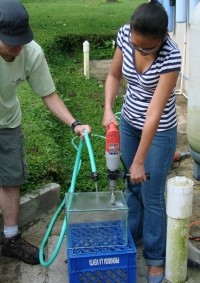 Enclosure workshop I
Enclosure workshop I
Tank drilling
Plumbing
Lids etc.
Dressing, build-a-tank
Prop fabrication
Horticultural techniques
Enclosure workshop II
Water quality
Filters
Water treatment
Hands-on Parasitology Demonstration
Fecal examination
Parasite identification
Techniques
Hands-on Veterinary Demonstration
Physical exam and restraints
Anesthesia
Surgery
Use of hormones
PIT tags
Laboratory Techniques
PCR testing for Bd
Ranavirus testing
Screening for bacteria in living or dead tissue
Cryopreservation





